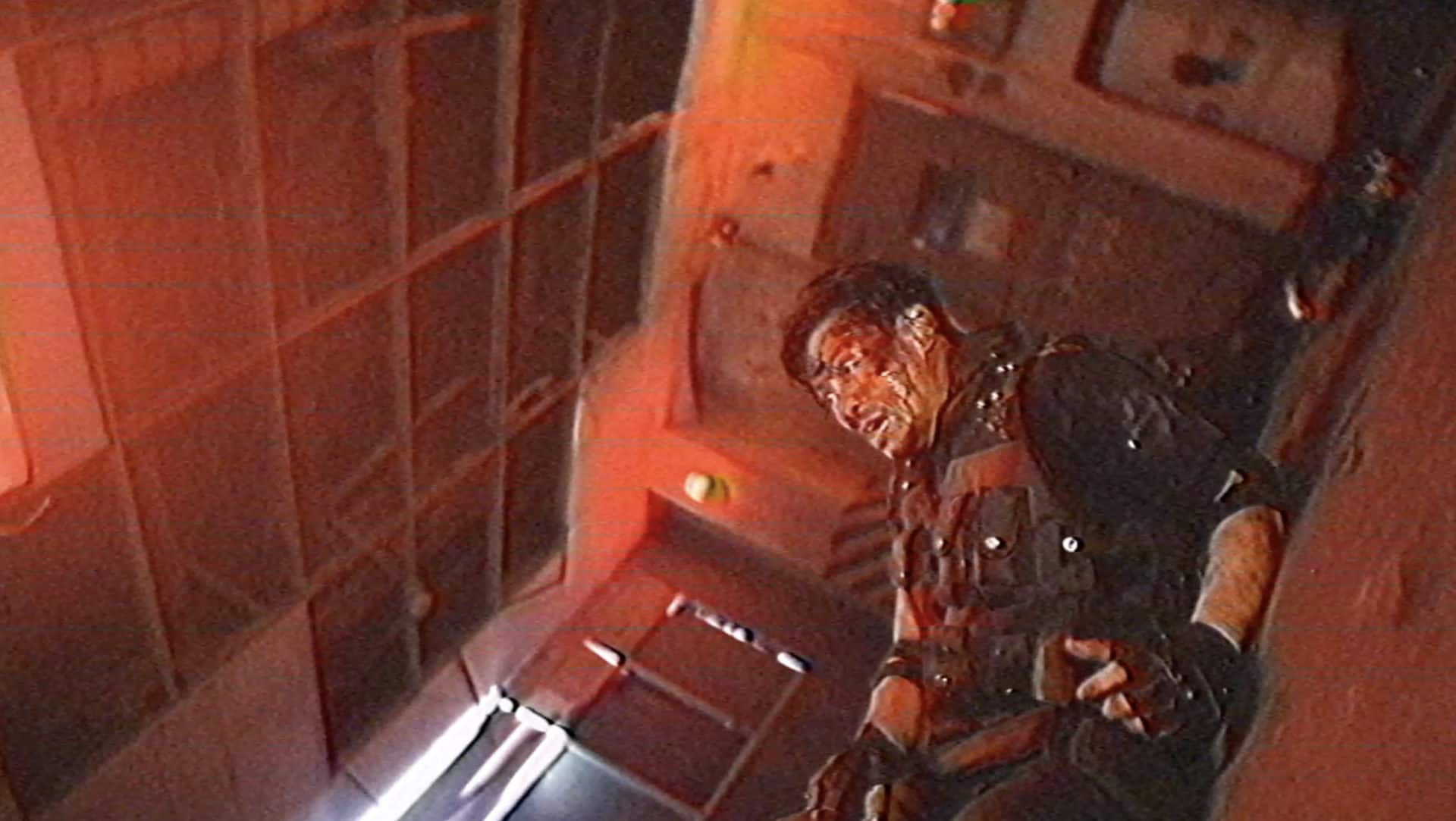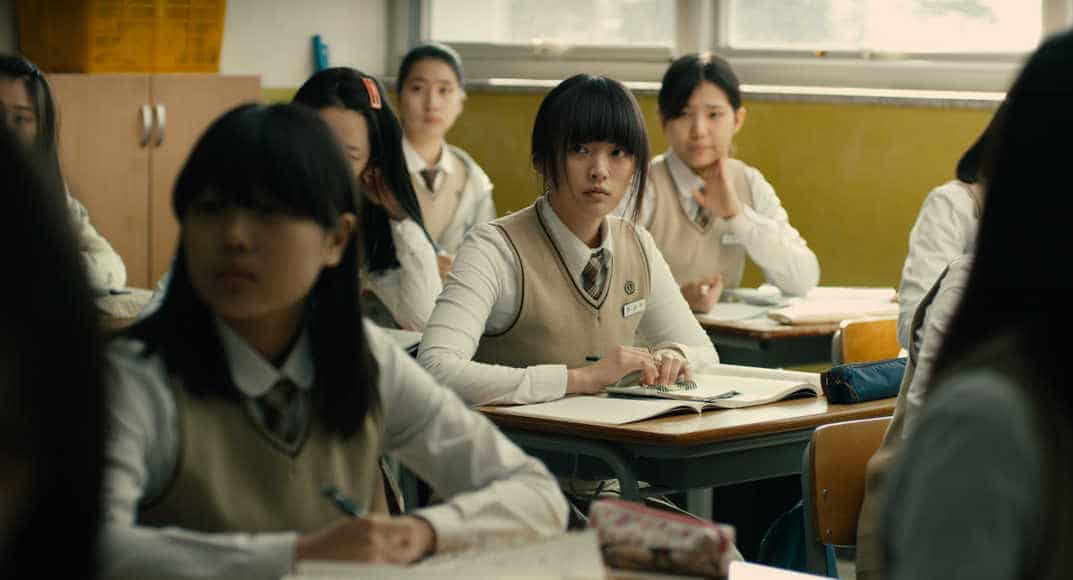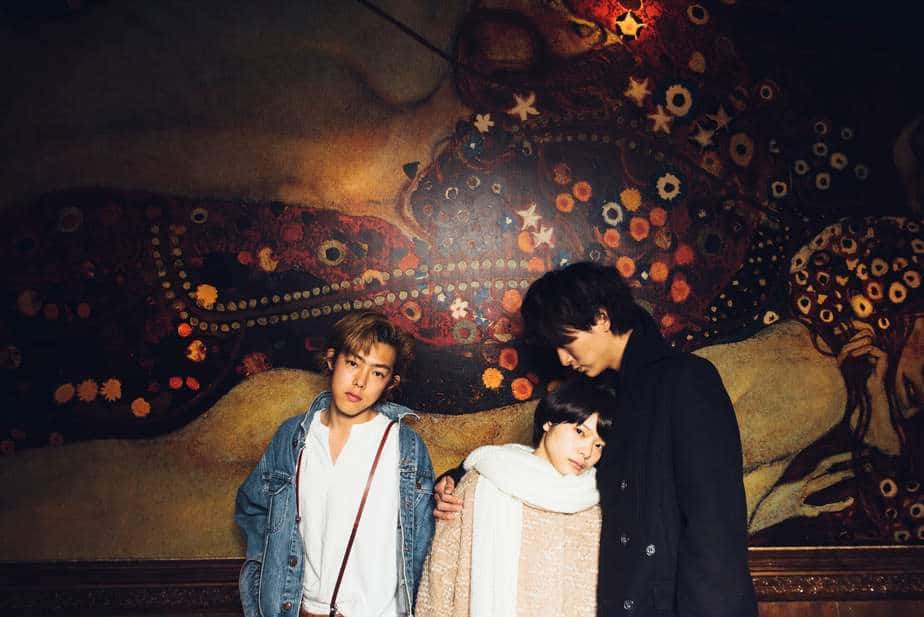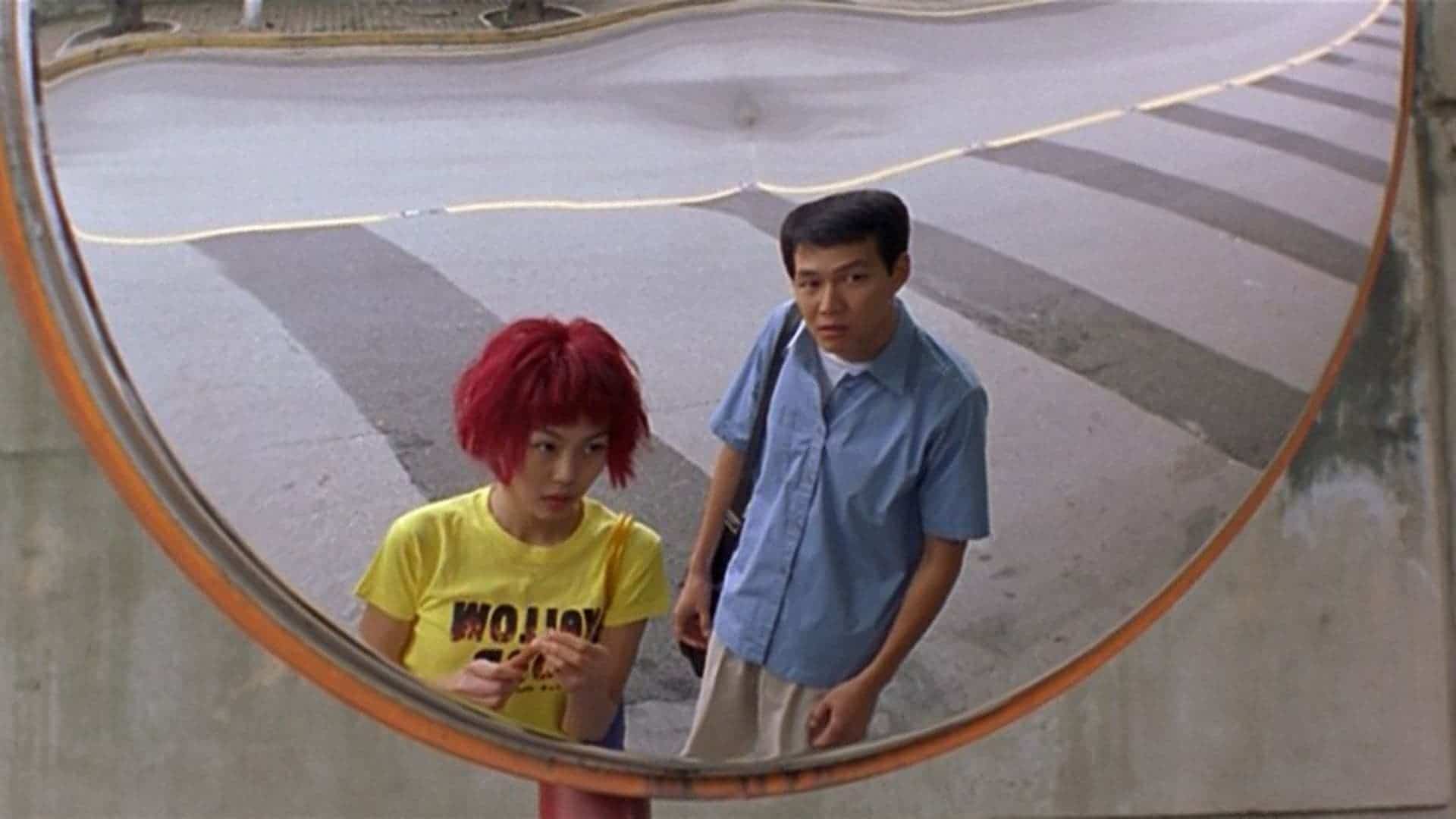Amongst Abbas Kiarostami's most critically acclaimed works is his end-of-the-millennium release “The Wind Will Carry Us”. A contemplative piece on existence, it garnered significant festival coverage and awards, including triple glory at Venice, with the Grand Special Jury Prize, the FIPRESCI Prize and the CinemAvvenire Award.
Watch This Title
Four journalists, Keyvan, Ali, Jahan, and Behzad, reach a Kurdish village in Iran. They are not letting their real profession out though, as they pose as production engineers. The real reason of their visit is to record a unique ceremony and report it back to their office at Tehran. Their focus in upon the locals' mourning rituals that anticipate the death of old people, in this specific case, that of an extremely old woman, probably a centurion and then some. As she refuses to eat food and cannot manage to speak to anyone, the four journalists live idly, awaiting her death. Behzad, however, becomes acquainted to many of the village's residents, including a child named Farhad, a well-digger named Yossef and others.
Impeccably paced, The Wind Will Carry Us has the sole purpose of slowing the characters and the audience down until one's one with life and nature. Sloth doesn't always mean idleness, but a more fulfilling way to exist, as it provides time for observation and contemplation. It is the reason that when the movie nears completion, a straightforward event makes the viewer feel an effect similar to breakneck action of the higher paced movies, as if almost too much is happening, while it is not. It is also rich in metaphors and symbols, as is expected from a film using a line from a poem as the title. Kiarostami uses metaphors in such a way that the film often reaches the threshold of sublimity, despite never going out of the way to enhance the experience. Why reach for theatrics and atmospherics to enhance an experience, if one can simply use existence as a way to romanticise life as it is?
One of the many symbols that are used in the film is the nature of good and evil, which is repeated multiple times in the movie. Farhad recites a poem to Behzad, the lines of which says that if one is evil, not even the purity of holy water can brighten their spirit. Behzad, the only member of the crew in the viewer's focus and seemingly the only one to get interested in the villagers and their lives, contemplates much upon the subject. He asks to Farhad, and to the viewers, if he himself is a good person. Perhaps the nature of his current mission, whose success lies upon the death of a woman, forces him to contemplate. If one compares the characters of Farhad and Behzad, keeping in mind their ages, professions and traits, one can have a clearer picture upon the matter. It is their bond which becomes the focus of the movie for the majority of the runtime, with the crew's frustration arising from idleness being an interesting subplot.
Behzad Dorani is excellent in his performance as the eponymous character. Other performances are fitting yet unremarkable, including one from famed director Bahman Ghobadi. However, the strength of the movie is in its cinematography, where Mahmoud Kalari, one of the premier DoPs of Iran, weaves magic. As Behrzad travels with the doctor through the golden grassland, the movie turns sublime.
“The Wind Will Carry Us” is more of an experience which asks the audience and its primary character to slow down and contemplate the difference between good and evil.
















